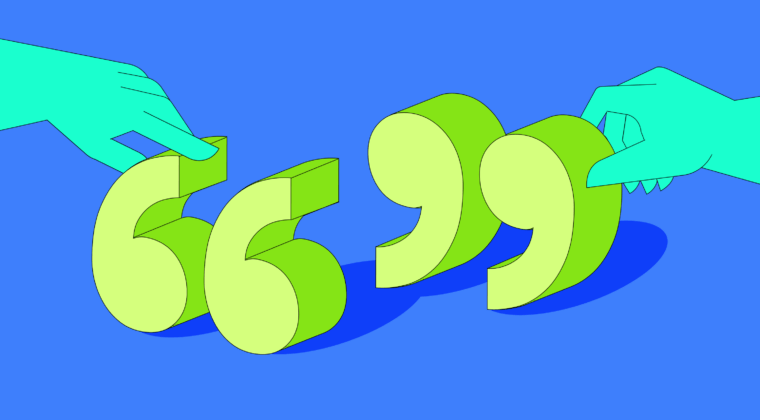People read for a variety of reasons: entertainment, knowledge, understanding. There’s no better way to gain a larger vocabulary than by reading novels of all types and genres. Your high school teachers might have considered the classics the only true literature with educational value, but there are plenty of modern tales that can help you pick up new words to fling around at cocktail parties.
Here are seven novels, both classic and modern, that will grant you a bigger vocabulary. You may want to keep a dictionary on hand while reading!
The Count of Monte Cristo
Alexandre Dumas’ famous adventure novel explores the classic, timeless themes of betrayal, hope, and vengeance, as well as the consequences of those actions. It’s also a great novel for vocabulary purposes — tossing around words like ardent, prodigious, cosmopolite, and apoplexy. Despite this, it’s not a difficult read, making the tale a great place to start for someone working to expand their vocabulary.
Shakespearean Plays
Okay, maybe this is cheating a bit. If you only read one of Shakespeare’s plays, read Hamlet. Many of the references in modern literature are based off the works of the Bard, and the English language, itself, owes much to Shakespeare.
Did you know he invented quite a few of the words used in everyday language?
Love in the Time of Cholera
This modern love story by Gabriel Garcia Marquez was originally written in Spanish, but loses none of its beauty in translation. Telling the story of two lovers separated by distance and circumstance, the book includes words admirable for their sheer beauty — as well as phrases reminiscent of the liquidity of Spanish.
Game of Thrones
The series’ growing popularity is mainly due to the television adaptation. However, the written Game of Thrones far surpasses the silver screen version – not only is the tale more than 1,000 pages long, but George R.R. Martin’s talent with language is something to be admired. Besides using terms that hark back to Middle English, Martin describes the world of Westeros in such detail that all authors can learn a bit about the use of adjectives and adverbs.
Gulliver’s Travels
Jonathan Swift’s scathing satirical work about elitist culture and the Catholic church is one of the greatest novels ever written. Learn for yourself who the Lilliputians and Yahoos are, as well as the meaning of such words as lingua franca, inure, demesne, and declivity.
Ulysses
One of James Joyce’s greatest works, Ulysses is a massive tome. Clocking in at 265,000 words in length, with 30,030 unique words, it is considered one of the most difficult novels in existence to read. However, it is also ranked in the top 100 of the greatest English novels of all time. Joyce takes great pleasure in using words such as bedraggle, omphalos, and ineluctable. The length of the novel is compounded by the fact readers must keep a dictionary and a notebook beside them. Perhaps the best choice for vocabulary expansion of any novel on this list, Ulysses will challenge even the most veteran of readers.
Slaughterhouse Five
“Everything was beautiful and nothing hurt.” The most famous line from Vonnegut’s ultimate work succinctly wraps up the mood and theme of the novel. A tragic examination of the life of a soldier in World War II, Slaughterhouse Five challenges readers to deeply examine their preconceptions of war and life. Using words such as unmitigated, grotesque, and magnanimity, the vocabulary of Slaughterhouse Five is of a more modern in origin.
If you want to gain a bigger vocabulary, whether for GRE study or simply for conversational usage, there’s no better way than to read. There are so many novels that can help you; don’t feel like you have to only read the classics!
What is your favorite word, and where did you learn it?
![]()





